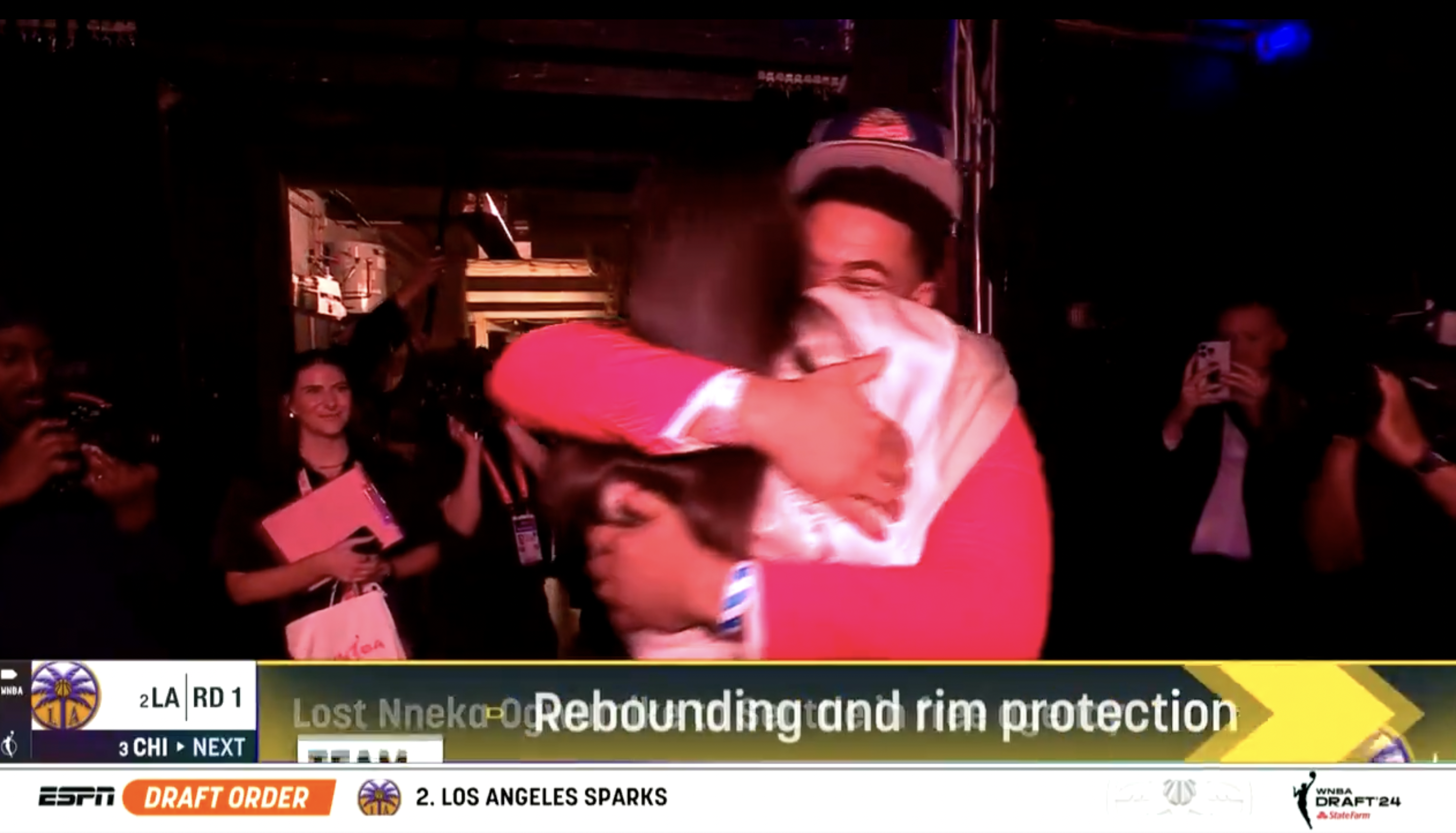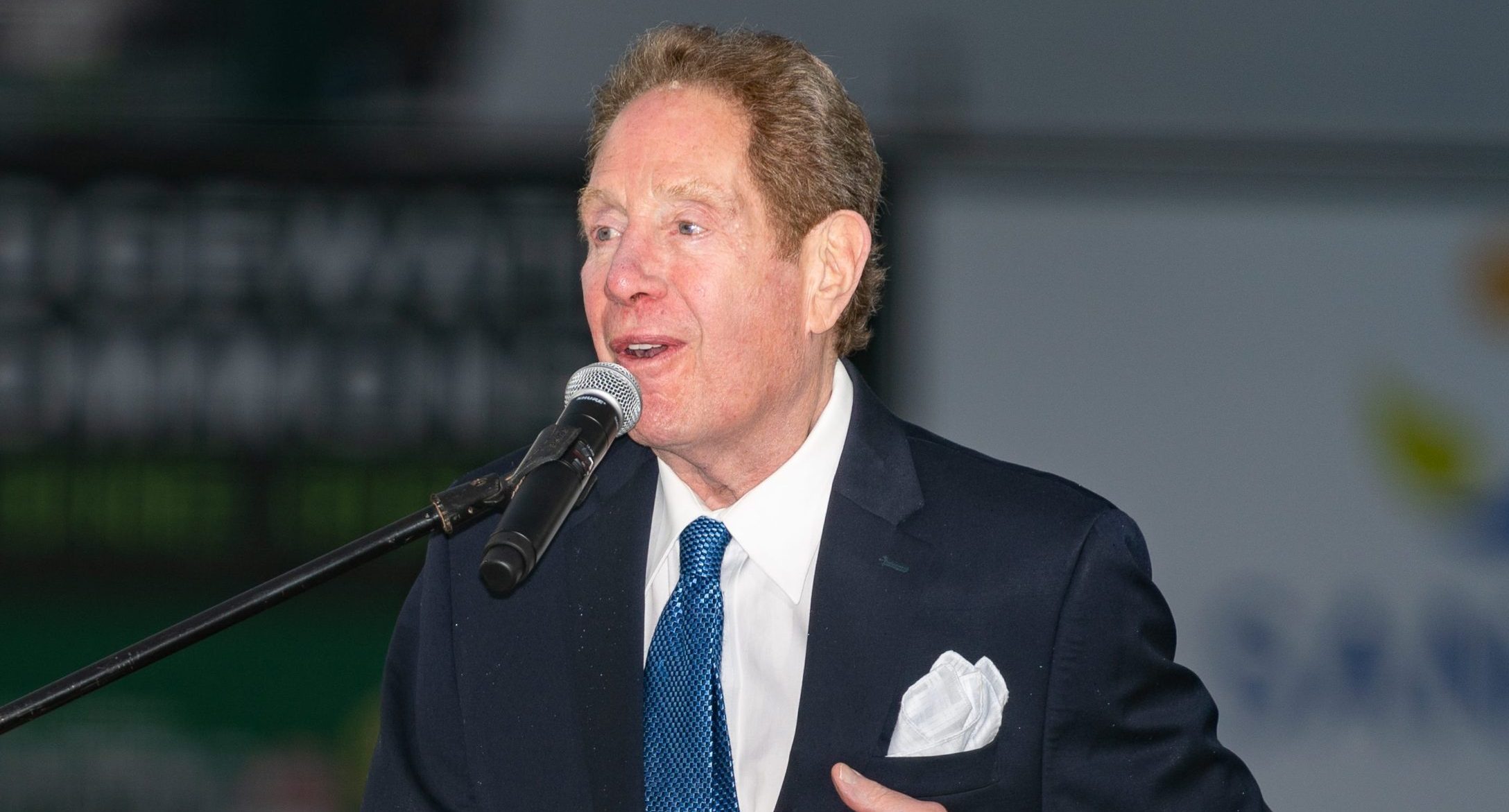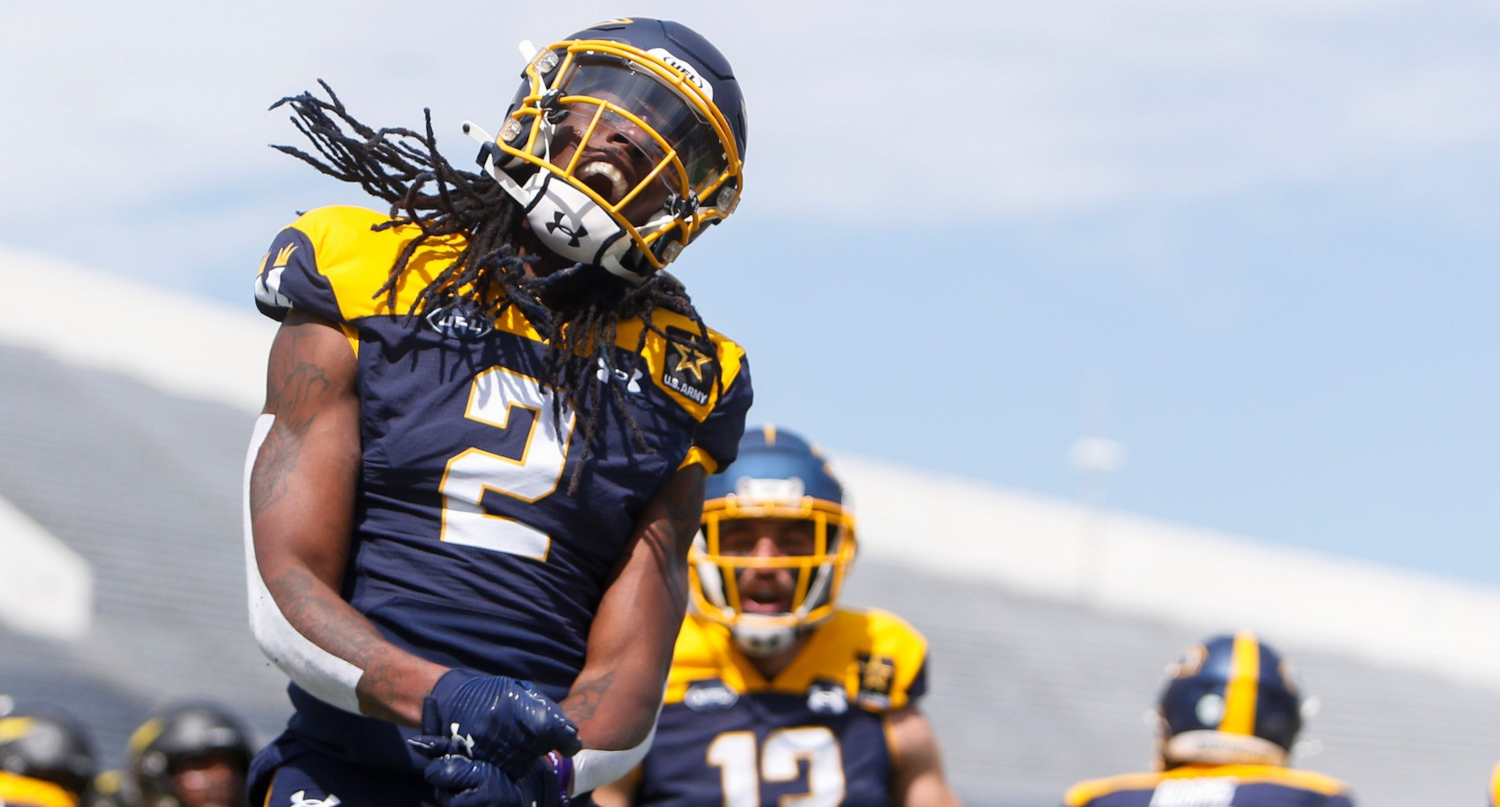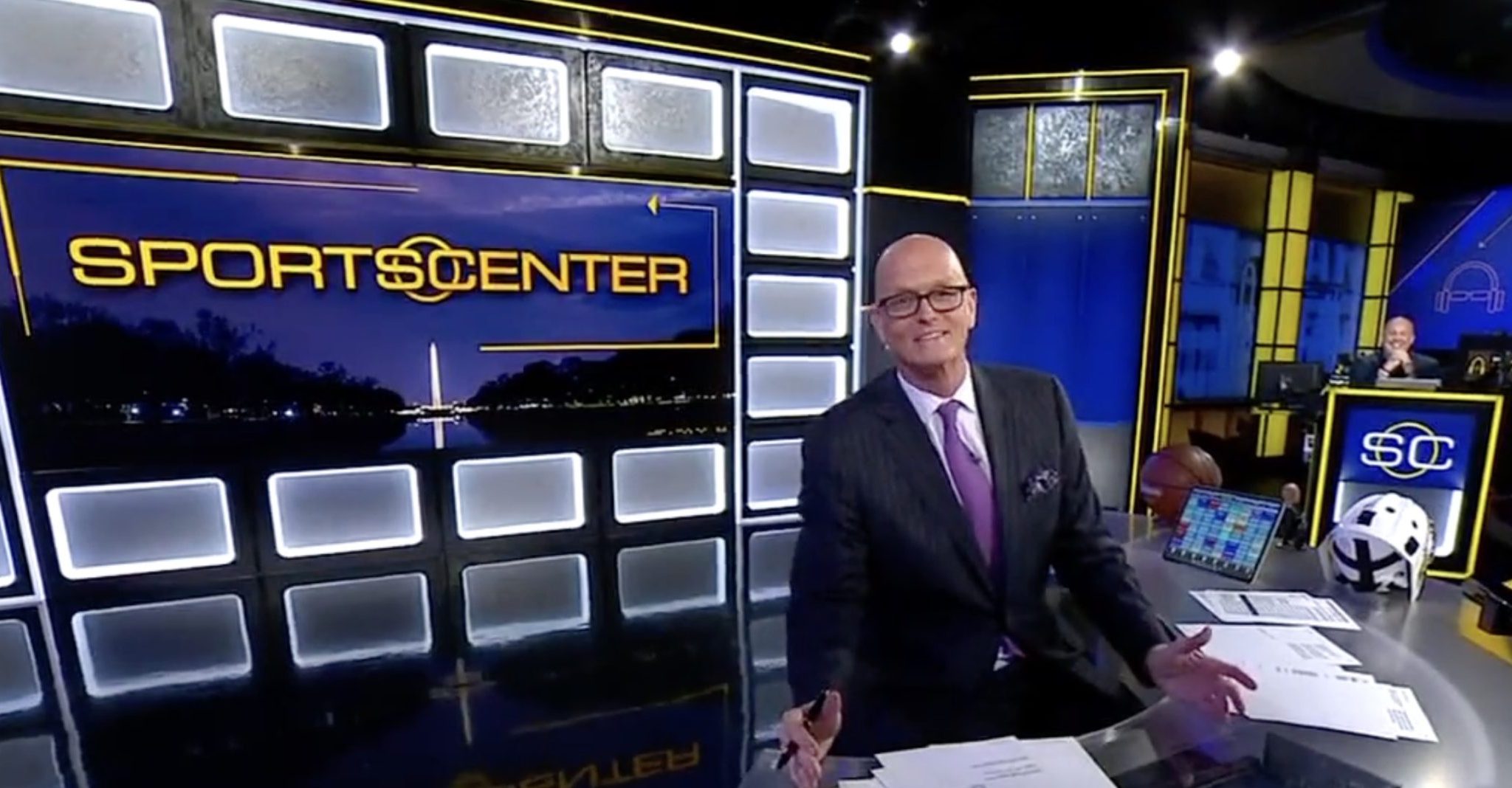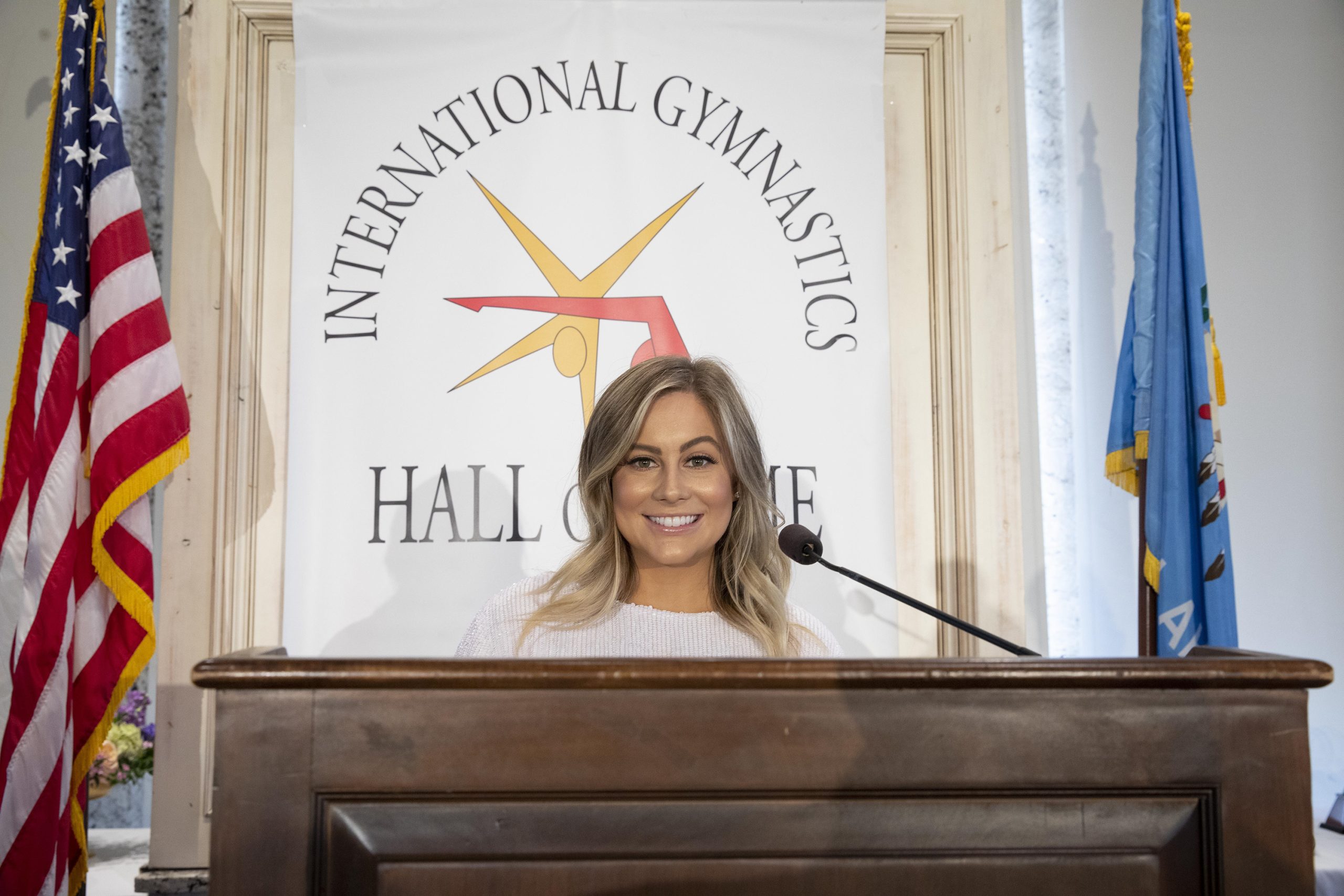Aliyah Boston should be the WNBA’s next big star. One of the best players in women’s college hoops, the Indiana Fever recently selected the South Carolina standout with the No. 1 overall pick in the WNBA Draft. Boston is a force on the court–she’s an NCAA champion and three-time unanimous first-team All-American–and gregarious off of it. In addition to racking up hoop-related honors, she’s cultivated a massive TikTok following, thanks to her amusing dance routines and candid looks into her life.
But Los Angeles Sparks star Nneka Ogwumike, the president of the WNBA players’ association and future Hall of Famer herself, has some doubts, telling the New York Times she doesn’t think Black players “get the credit” when it comes to “driving the league forward.”
The numbers back up her concerns. Though 80 percent of the league is Black, white players are mentioned far more in media coverage–by an insane margin. A University of Massachusetts Amherst study on the 2020 season found that Black players receive roughly half the play in media mentions as their white peers.
Check this out: after reading more than 550 articles about the WNBA posted on ESPN, CBS Sports and Sports Illustrated’s website, researchers concluded there was an “average 52 media mentions for Black players, compared to 118 for white players.”
Keep in mind, Black players also won 80 percent of the league’s postseason awards that year. Yet, the three names most mentioned by the media were white players.

Ogwumike thinks there are strong racial elements at play, beginning with the WNBA’s attempts to suppress players’ personalities.
“There’s this perception that they want our game to be family oriented and that means no trash talking and no real, like, true natural expression,” she said.
That double-standard was on full display last week, when LSU star Angel Reese was eviscerated for taunting Iowa’s Caitlin Clark during the national championship game, even though Clark was celebrated for doing the exact same taunt in a previous contest.
While these biases have existed for a long time, they’re coming into even more focus now, given the WNBA’s soaring popularity. Monday’s WNBA Draft was the most-viewed in nearly 20 years, and the second highest-viewed draft on record.
Last season, WNBA playoff ratings were up 22 percent over the previous year. On the college side, last week’s national championship was the most-watched game on record, drawing 9.9 million viewers across all networks.
But all of this attention brings heavier scrutiny. When Brittney Griner was wrongly detained in Russia last year, it was widely reported that female players are paid much better in authoritarian countries than the WNBA.
That’s a big problem.
The WNBA receives rightful credit for being the most progressive pro sports league, and aggressively promoting out LGBTQ stars. But there’s still a lot of bias at play when it comes to which out players are pushed the most.
Sue Bird, one of the most well-known WNBA players in history, admits that being able to “pass as a straight woman” has been an advantage.
And of the players who push gender norms, Ogwumike says white players are still covered disproportionally.
“There are a lot of Black players in the W who have been dressing fashionably for a long time and setting trends for a long time,” Ogwumike told the Times. “But they are not the ones being recognized as trendsetters.”
The aforementioned UMass study found that white players who present as more masculine enjoy more than five times the media coverage as Black players who present as more masculine.
There is a lot of good news around the WNBA right around, and women’s basketball as a whole. Now, the challenge is ensuring that everyone receives their proper due.


